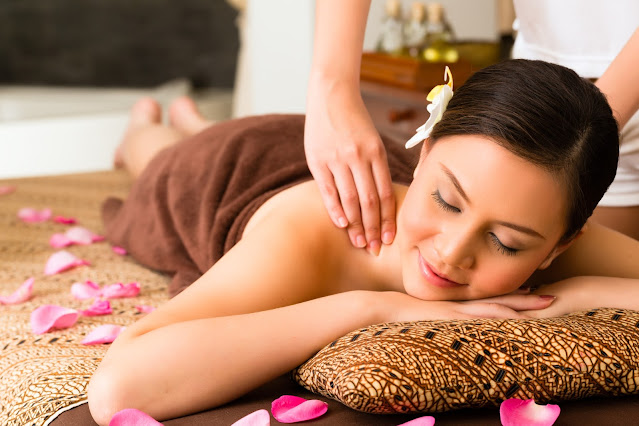Cupping Therapy: A Holistic Approach to Healing Specific Health Conditions
Cupping, an old practice hailing from Egypt, China, and the Middle East, has gained renewed popularity in recent years. This holistic approach to healing involves placing cups on the skin to create suction, boosting blood circulation, and stimulating the body's natural healing processes. While cupping therapy in Holborn is often associated with pain relief and relaxation, it has also shown promising results in addressing specific health conditions. In this blog post, we'll explore how cupping therapy can be beneficial for various ailments and contribute to overall well-being.
Musculoskeletal Pain and Inflammation:
Cupping therapy in Holborn is a natural remedy for musculoskeletal pain and inflammation. The suction created by the cups raises blood circulation to the targeted areas, facilitating the delivery of oxygen and nutrients.
This enhanced blood flow aids in reducing inflammation and relieving tension in muscles and joints. Individuals suffering from arthritis, fibromyalgia, or even general muscle stiffness may find relief through regular cupping sessions.
2.Respiratory Conditions:
For those scuffling with respiratory issues like asthma, bronchitis, or chronic cough, cupping therapy in Clerkenwell may offer a complementary approach to traditional treatments.
By applying cups to specific points on the back, cupping can stimulate the lungs and improve respiratory function. The therapy's ability to enhance blood flow may also contribute to a reduction in inflammation, making it easier for people with respiratory conditions to get relief and breathe more comfortably.
3. Digestive Disorders:
Cupping therapy in Holborn addresses digestive disorders such as irritable bowel syndrome (IBS) or indigestion. The suction created by the cups stimulates the digestive organs, encouraging better blood circulation and potentially aiding in the relief of gastrointestinal symptoms. While cupping should not replace traditional medical treatments, it can be regarded as part of a holistic approach to digestive health.
4.Skin Conditions:
Cupping therapy in Clerkenwell has shown favorable outcomes on certain skin conditions, including acne, eczema, and psoriasis. The high blood circulation and lymphatic drainage induced by cupping may help to eliminate toxins from the skin and reduce inflammation.
Additionally, the therapy may promote the production of collagen, making skin elastic. It's essential to note that cupping should be used in conjunction with dermatological treatments and not as a standalone solution.
5.Stress and Anxiety:
In our fast-paced, modern world, stress and anxiety have taken the center stage. Cupping therapy's relaxation-inducing effects can have a positive impact on mental well-being.
The cups' suction promotes the release of endorphins, the body's natural feel-good hormones, helping to alleviate stress and anxiety symptoms. Regular cupping sessions may be incorporated into a comprehensive stress management plan, which may include other modalities such as meditation and exercise.
Conclusion:
Cupping therapy, with its roots deeply embedded in traditional medicine, has proven to be a versatile and effective treatment for various health conditions. From musculoskeletal pain to respiratory issues, digestive disorders, skin conditions, and stress management, cupping offers a holistic approach to healing. While it's essential to approach cupping therapy as a complementary practice rather than a standalone solution, its potential benefits are promising for those seeking alternative and holistic approaches to health and well-being. As always, individuals considering cupping therapy should consult with healthcare professionals to ensure its suitability for their specific health conditions.



Comments
Post a Comment